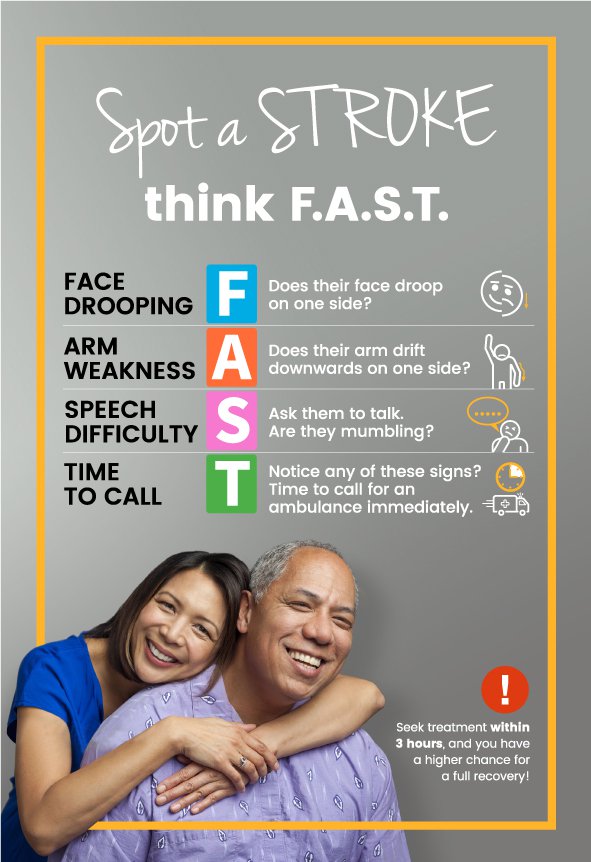Neurology: Brain, Nerves and Spine Care
Neurology is a medical subspecialty that focuses on the study and treatment
of nervous system disorders. It is a complex and sophisticated system that regulates bodily functions.
The two major divisions are:
- Central nervous system: brain and spinal cord
- Peripheral nervous system: other than the brain and spinal cord, such as cranial nerves and spinal
nerves
A neurologist is a doctor who specialises in neurology. As neurologists do not
perform surgery, patients are usually referred to a neurosurgeon if a patient requires su
What are the common neurological conditions?
The most common neurological conditions include:
- Epilepsy
- Headaches/migraines
- Alzheimer’s disease (neurodegenerative disorders)
- Parkinson’s disease (movement disorders)
- Multiple sclerosis
- Amyotrophic lateral sclerosis (ALS)
- Acute spinal cord injuries
- Ataxia
- Bell’s palsy
- Hydrocephalus
- Muscular dystrophy (neuromuscular disorders)
- Stroke
- Brain tumours
- Brain aneurysms
- Head injuries
- Motor neuron disease
- Infections of the brain
- Cerebral
Palsy
What are the common neurological symptoms?
Following are some common neurological symptoms:
- Muscle weakness
- Confusion
- Spasms
- Seizures
- Loss of sensation
- Partial or complete paralysis
- Numbness in the legs or arms
- Poor memory or concentration
- Dizziness
- Tremors
- Poor coordination
- Sleep problems
- Difficulty swallowing or eating
- Speech problems
- Vision problems
- Headaches
* Please note that symptoms may differ from person to person, and a proper evaluation by a
doctor is
needed to accurately determine the cause of any symptoms.




